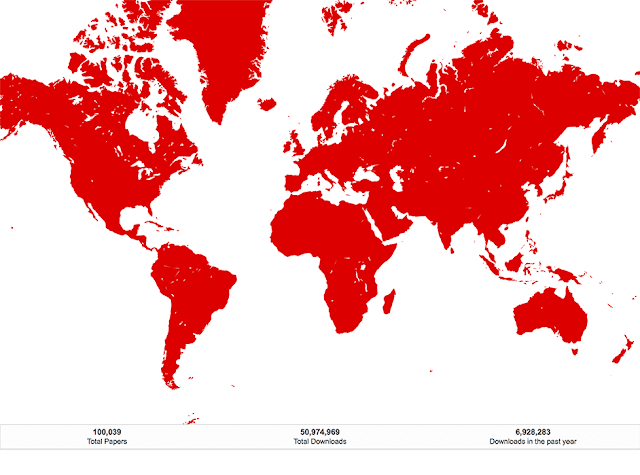Dr.
Erica DeFrain, Assistant Professor at University Libraries, and Dr. Miyoung
Hong, Assistant Professor of
Interior Design, have teamed up with six Undergraduate Creative Activities and
Research Experience (UCARE) students from the College of Architecture to study
the use of informal learning spaces across the University of Nebraska - Lincoln
campus. This mixed-methods, interdisciplinary research study will compare
students’ learning needs and behaviors at Love Library, the Nebraska Union, the
College of Business, and the College of Nursing. The project is an extension of
an earlier study conducted by DeFrain and Hong, and funded by the UNL Research
Council’s Maude Hammond Fling Faculty Research Fellowship, that focused on the
Adele Hall Learning Commons. DeFrain said, “In that study we learned what was
important about the Adele Hall Learning Commons, but needed to understand the ‘pull’
factors for other similar spaces on campus. Conducting this comparative
analysis will help us to identify the unique attributes for each of the sites, and
understand how to best support the students who use them and their learning
needs.”
For their investigation,
DeFrain and Hong are combining observation, survey, and focus group methods to
gather qualitative and quantitative data from each of the sites. The survey
instrument, designed according to the American Institute of Architect’s Post-Occupancy
Evaluation best practices, asks students to assess the physical design aspects,
such as spatial design, furnishings, and indoor environmental quality (IEQ), reflect
on their own productivity and needs, and provide standard demographic data. During Fall 2018, the UCARE students focused on the College
of Business and Love Library South, documenting 120 hours of observations and gathering
over 300 student surveys from the two sites. Beginning in January 2019, they
will switch to collecting these data from the College of Nursing and the
Nebraska Union.
DeFrain said, “The people who create
and oversee informal learning spaces have their own intentions for them, and
it’s enlightening to see how students are actually matching or mismatching those
intentions. For example, many of our campus spaces are being built to support
active, collaborative learning, but when we asked students what they were
working on in those spaces, they most often were there for independent study,
and our observational data support that.”
The project has provided numerous
opportunities to share and discuss findings, and DeFrain and Hong are excited
to continue their research collaboration once this study concludes. They presented
a poster on the first stage of the research at the 2018 International
Association of University Libraries conference in Oslo, Norway; will present
full findings at the 2019 Architecture Research Centers Consortium conference
in Toronto, Canada; and aim to submit an article for review by the end of this
year. The UCARE students will also share their work at the 2019 UNL Spring
Research Fair, and are hopeful their proposals for the National Council for
Undergraduate Research will be accepted for presentation at next spring’s
conference in Kennesaw, Georgia.






